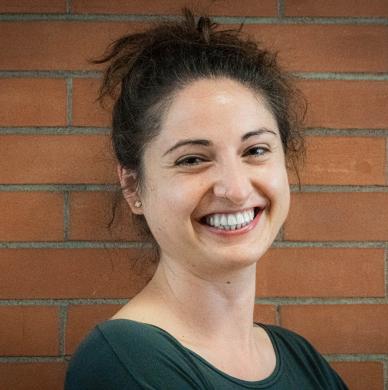
Assistant Professor
BioRobotics Institute
Linda Paterno'
Bio
Linda Paternò received her MSc degree in biomedical engineering from the University of Pisa in 2016. Subsequently, she obtained her PhD in Biorobotics in 2020 from the BioRobotics Institute of the Sant’Anna School of Advanced Studies, where she currently serves as an Assistant Professor (RTDa) in the Surgical Robotics and Allied Technologies Area. Throughout her career, she has been involved in developing different robotic devices characterized by high compliance, shape-changing capabilities, and variable stiffness. These features enable the introduction of innovative functionalities in systems directly interfacing with the human body.
Research
Her research is primarily focused on leveraging soft and bio-inspired robotics to address various challenges in biomedical device design and facilitate safe physical interactions with the human body. Currently, she plays an active role in the national MOTU++ and European MAPWORMS projects. The MOTU++ project is promoted by the National Institute for Insurance against Accidents at Work (INAIL) and it has as its objective a novel paradigm of robotic trans-femoral prosthesis, equipped with a smart socket developed by means of tunable stiffness techniques and innovative materials. The MAPWORMS project has received funding from the European Union’s Horizon Europe Research and Innovation program, and it aims at developing novel worm-inspired soft robots capable of responding to environmental stimuli using smart materials and structures that mimic the features of marine Annelids.
Publications
News
